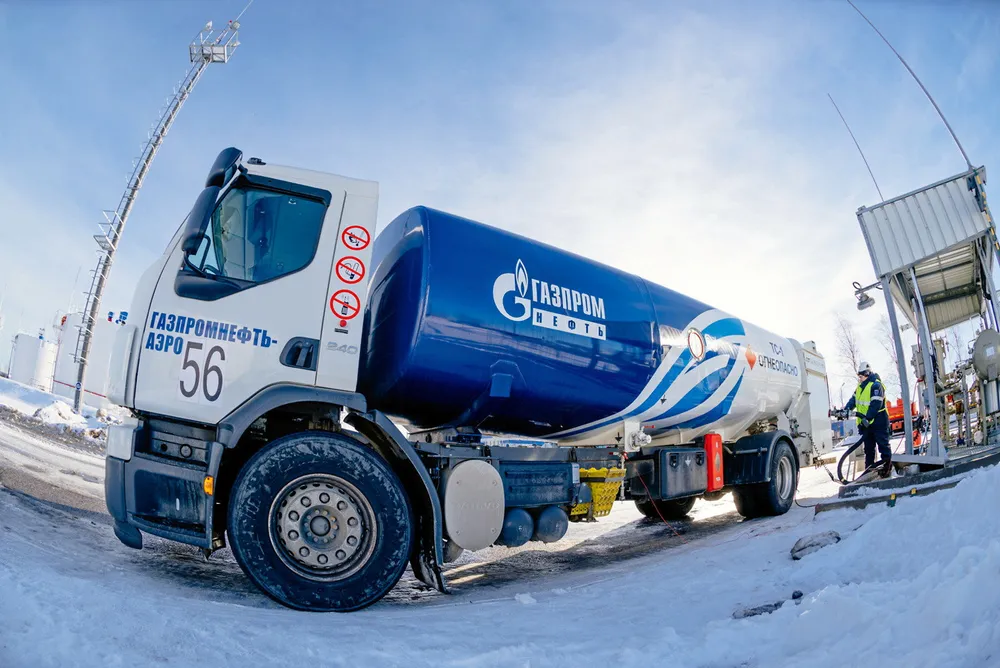Gazprom Neft keeps output high but sees full-year profit wane
Russian state-controlled oil producer sees production recover in second half and reduces costs on all fronts

Russian state-controlled oil producer sees production recover in second half and reduces costs on all fronts
